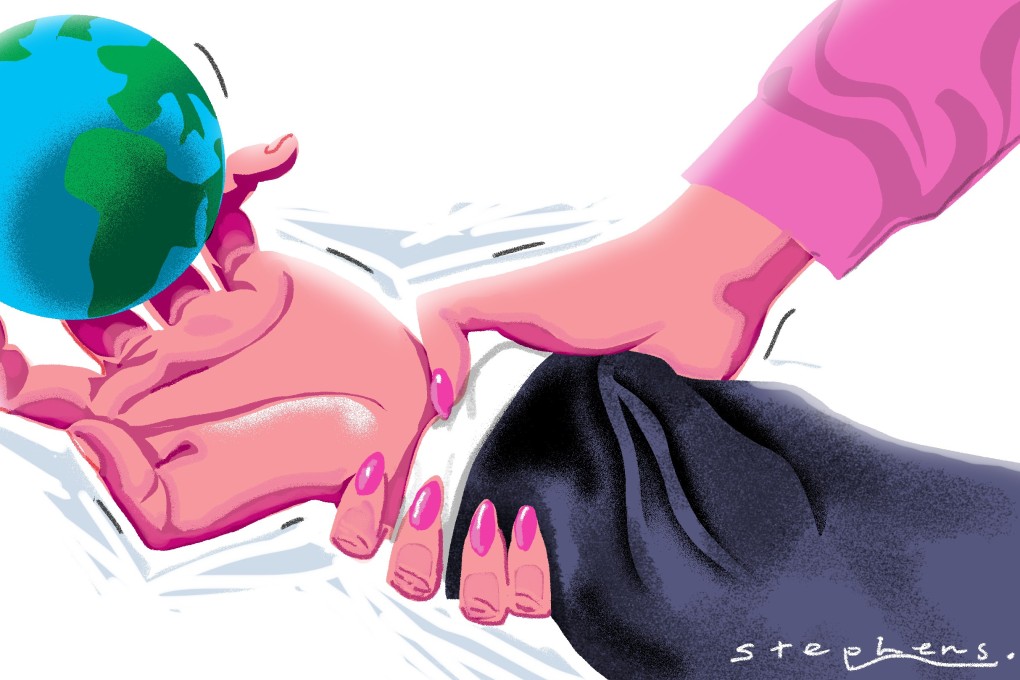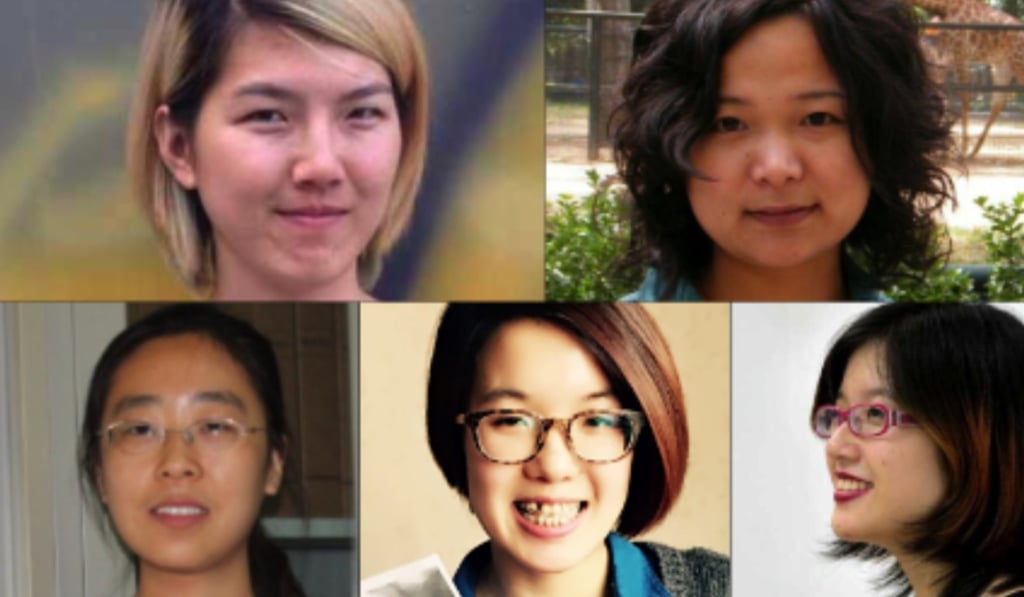Advertisement
Opinion | This International Women’s Day, support liberal democracy by defending women’s rights against authoritarianism
- From China to Russia and Hungary, there is a very clear overlap between the embrace of strongman rule and the erosion of women’s rights
Reading Time:4 minutes
Why you can trust SCMP

Democracies around the world are grappling with the global rise of authoritarian rulers such as Jair Bolsonaro of Brazil, Vladimir Putin of Russia, Rodrigo Duterte of the Philippines and Xi Jinping of China.
The first public hearing of the US House Intelligence Committee under the Democratic Party majority on February 26 dealt with the threat of rising authoritarianism and warned that liberal democracies are facing their most serious crisis in decades.
Left unsaid at the hearing was a discussion of one of the most potent weapons democracies have to check the power of autocrats: feminism.
Advertisement
Anyone concerned about the rise of the “strongman” should pay attention to how feminist activists in China are posing an unprecedented challenge to the patriarchal, authoritarian state.

Advertisement
This International Women’s Day marks the fourth anniversary of the Chinese government’s detention of five young women who became known as the “Feminist Five”.
Advertisement
Select Voice
Select Speed
1.00x
